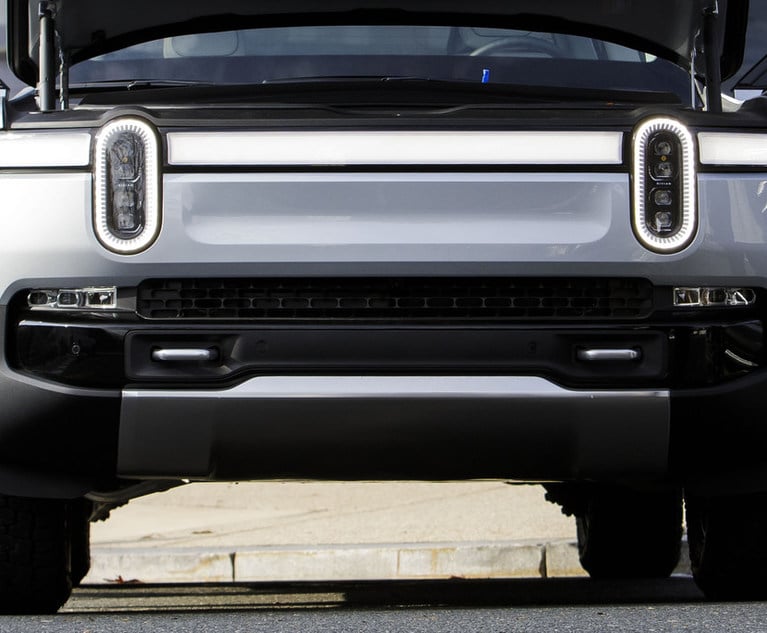Insurance claim costs to repair electric vehicles continued outpacing those of vehicles with an internal combustion engine (ICE), according to Mitchell’s second-quarter EV collision report. On average, the cost to repair EVs was $963 higher in the U.S. and $1,328 higher in Canada.
Mitchell noted the cost to repair Teslas in the U.S. is more than $1,500 higher compared with ICE vehicles. In Canada, Tesla repair costs are around $1,600 higher.
The reliance on the original manufacturer for parts and the need for more refinish hours continue to be higher for EVs compared with ICE vehicles, Mitchell reported. However, EVs tend to need fewer parts repaired.
Further, EVs tend to be designated as “non-drivable” at a lower frequency than their ICE counterparts. According to Mitchell’s review of claims data, only 10.31% of EVs were classified as non-drivable compared to 13.11% of ICE vehicles during the second quarter of 2023. However, EVs are more likely to be designated non-drivable if they are hit from the rear because some powertrain components are located in the back of these vehicles.
“Despite greater interconnectivity between components, they (EVs) have fewer moving parts,” Ryan Mandell, director of claims performance at Mitchell, said in a release. “So, unless an EV gets hit from behind, it has a higher likelihood of drivability. Differences like these will have a dramatic effect on the auto insurance and collision repair markets, given the recent growth in EV adoption.”
During 2023’s second quarter, EVs saw repairable claims frequency increase 1.49% in the U.S., while Canada saw a 2.64% increase. Tesla vehicles still make up the lion’s share of EV repairs, accounting for nearly three-quarters of all EVs repaired during the period.
This news closely follows a June survey, conducted by EY, which found 48% of U.S. car buyers planning a purchase in the coming 24 months intend to go electric. This is up from 29% in 2022. The EY survey also revealed that 81% of current electric vehicle owners are likely to repeat that purchase decision again. The U.S. ranks seventh in terms of EV readiness and consumers have voiced a number of reasons why they aren’t interested in EVs.
Read the full article here


